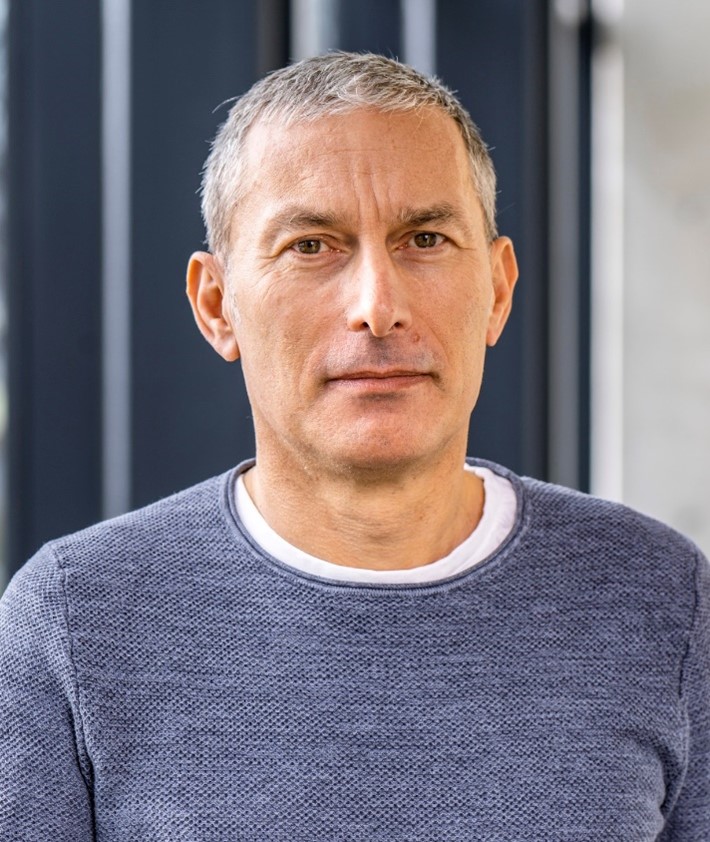Non-invasive technologies for metal sourcing in a sustainable society – a spotlight on EU-funded projects
Speaker
Dr Richard Gloaguen
Abstract
Achieving renewable energy goals requires a significant increase in the production and responsible use of critical raw materials. Recycling alone will not meet the projected demand, making further mining necessary for the EU to meet its climate objectives. Sourcing raw materials within the EU could ensure ethical provision due to better environmental, social, and political regulations. However, mineral projects in the EU face complex technical, environmental, and social challenges. Technical challenges include the need for precise knowledge of subsurface mineral deposits, while environmental challenges involve developing less invasive exploration methods to minimize ecological impacts. Social challenges are marked by a lack of shared value in mineral exploration across Europe. The VECTOR project, through a consortium of 18 partners, aims to explore and address these challenges by including all stakeholders, including the general public, in discussions about sourcing critical raw materials in Europe. The goal is to develop sustainable and responsible mineral exploration pathways in Europe that can serve as a global reference. In parallel, the Multiscale Observation Services for Mining-related Deposits (MOSMIN) research project is dedicated to identifying the environmental risks associated with mining waste and measuring the potential to extract valuable materials from it. MOSMIN uses a combination of ground, aerial, and satellite data to provide a holistic view that could improve the safety and efficiency of mining operations. Additionally, MOSMIN aims to turn these results into new business opportunities, creating new measurement and analysis methods, and supporting efforts to bring them to market. The project is funded by the European Union Agency for the Space Programme (EUSPA) and coordinated by the Helmholtz Institute Freiberg for Resource Technology at the Helmholtz-Zentrum Dresden-Rossendorf. Lastly, UQ will give a brief update on the progress of the EU-funded M4MINING project, in which it is an active partner. The project’s value proposition is to develop, demonstrate and trial interoperable equipment with hardware and software infrastructure for hyperspectral 3D drone with real-time data interpretation and end-user solutions, while integrated with satellite data. The update will address key technical challenges, operational considerations, and the potential for real-time drone mapping.
Bio
Richard Gloaguen is the Head of the Exploration Department at the Helmholtz-Institute Freiberg for Resource Technology
He received his Ph.D. degree “Doctor Communitatis Europae” in marine geosciences from the University of Western Brittany, Brest, France, in collaboration with the Royal Holloway University of London, U.K., and Göttingen University, Germany, in 2000.
He was a Marie Curie Post-Doctoral Research Associate at the Royal Holloway University of London from 2000 to 2003. He led the Remote Sensing Group at University Bergakademie Freiberg, Freiberg, Germany, from 2003 to 2013. Since 2013, he has been heading the division “Exploration Technology” at the Helmholtz-Institute Freiberg for Resource Technology, Freiberg. He is currently involved in imaging sensor development, data science, and autonomous mapping. His research interests focus on multisource and multiscale remote sensing integration using computer vision and machine learning.
About JKMRC Friday Seminars 2025
Welcome to the 2025 Series of the JKMRC Friday Seminars. The list of presentations will aim to cover a range of topics related to the minerals sector from decision making in exploration, new mineral processing technologies, social licence to operate and mine closure.
The JKMRC Friday Seminars will be presented often in person, at the Indooroopilly Mine Site Lecture Theatre, and also as a webinar. Registration for the webinar is required and can be made via the registration link in each seminar overview.
A large number of past webinars can be accessed on the SMI website: https://smi.uq.edu.au/webinars
Previous seminars have been uploaded to YouTube via the following link: https://www.youtube.com/user/smiuq
If you would like to be included in our email invitation list:
Visit the JKMRC homepage
Venue
Indooroopilly Mine Site
40 Isles Road
Indooroopilly, Qld
